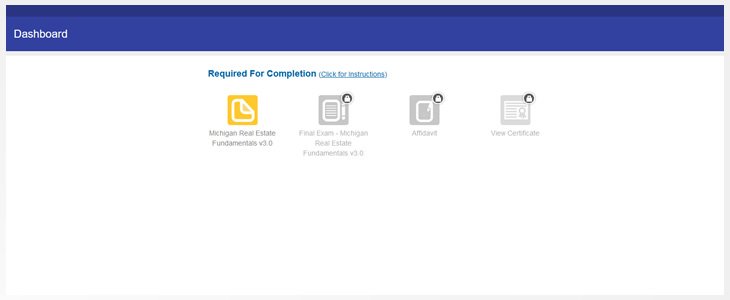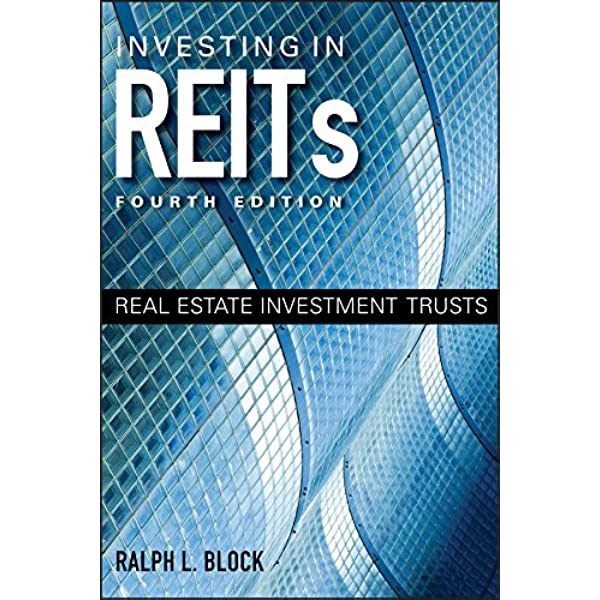
A safety clause is a requirement for any real estate agent who works with you in selling your home. This clause assures that they will still be paid for their work even if the house sells after the listing contract ends.
What is the Safety Clause?
A protection clause, also called a safety protection clause or extender clause, is one of the most important parts of a real estate contract. This clause states that the agent can still earn a commission on a sale of your house they assisted with marketing and listing efforts for a set period of time after the listing agreement has expired.
Although the exact details of the safety clause may vary from one contract to another, it is usually three days or more. Although it varies from contract to broker, Harvey Jacobs of The Washington Post recommends a waiting time of 30 days or more.

How can a safety clause prevent fraud?
A safety clause is a restriction that prevents a buyer contacting a seller directly and circumventing the listing broker. This type of fraud is known as collusion, and it can be very damaging to both the buyer and the real estate broker.
Does a Safety Clause Always Apply?
If an exclusive right-to sell listing has been made, a safety provision must be applied to any buyer who purchases the home after the agreement expires. In order for the safety clause to be effective, the seller must be notified by the broker with the names of all buyers within a given timeframe after the house has been taken off the marketplace.
Can I take legal action if the other party does not follow through on their contract?
You don't want to make a deal that doesn't work out. You should always make sure you fully understand your contract, including the dates and timelines, before putting your home on the market.

Can I Take Legal Action If My Agent Doesn't Do Their Job?
A seller who doesn't receive a sale within the time period of their listing contract expires can sue their agent. Barach says that this is especially true in cases where the agent failed to properly market or represent the seller’s best interest.
Is there a safety clause when I hire another brokerage?
Sometimes, sellers will hire another broker after their original listing contract expires. As long as the new broker includes a safety clause stating that if a buyer is brought into the brokerage by the previous broker, the broker will not owe the original broker any percentage of the commission.
FAQ
What should I do if I want to use a mortgage broker
A mortgage broker can help you find a rate that is competitive if it is important to you. Brokers can negotiate deals for you with multiple lenders. Some brokers receive a commission from lenders. Before you sign up, be sure to review all fees associated.
How can I fix my roof
Roofs can become leaky due to wear and tear, weather conditions, or improper maintenance. Roofing contractors can help with minor repairs and replacements. Contact us to find out more.
How can I get rid Termites & Other Pests?
Termites and other pests will eat away at your home over time. They can cause damage to wooden structures such as furniture and decks. To prevent this from happening, make sure to hire a professional pest control company to inspect your home regularly.
How much should I save before I buy a home?
It all depends on how long your plan to stay there. If you want to stay for at least five years, you must start saving now. However, if you're planning on moving within two years, you don’t need to worry.
Statistics
- Private mortgage insurance may be required for conventional loans when the borrower puts less than 20% down.4 FHA loans are mortgage loans issued by private lenders and backed by the federal government. (investopedia.com)
- Based on your credit scores and other financial details, your lender offers you a 3.5% interest rate on loan. (investopedia.com)
- It's possible to get approved for an FHA loan with a credit score as low as 580 and a down payment of 3.5% or a credit score as low as 500 and a 10% down payment.5 Specialty mortgage loans are loans that don't fit into the conventional or FHA loan categories. (investopedia.com)
- 10 years ago, homeownership was nearly 70%. (fortunebuilders.com)
- Over the past year, mortgage rates have hovered between 3.9 and 4.5 percent—a less significant increase. (fortunebuilders.com)
External Links
How To
How do I find an apartment?
When moving to a new area, the first step is finding an apartment. This involves planning and research. This involves researching and planning for the best neighborhood. Although there are many ways to do it, some are easier than others. Before renting an apartment, you should consider the following steps.
-
Researching neighborhoods involves gathering data online and offline. Online resources include Yelp. Zillow. Trulia. Realtor.com. Online sources include local newspapers and real estate agents as well as landlords and friends.
-
Find out what other people think about the area. Review sites like Yelp, TripAdvisor, and Amazon have detailed reviews of apartments and houses. You may also read local newspaper articles and check out your local library.
-
For more information, make phone calls and speak with people who have lived in the area. Ask them what they loved and disliked about the area. Ask if they have any suggestions for great places to live.
-
Be aware of the rent rates in the areas where you are most interested. You might consider renting somewhere more affordable if you anticipate spending most of your money on food. You might also consider moving to a more luxurious location if entertainment is your main focus.
-
Find out more information about the apartment building you want to live in. Is it large? How much does it cost? Is it pet-friendly? What amenities does it offer? Can you park near it or do you need to have parking? Do tenants have to follow any rules?